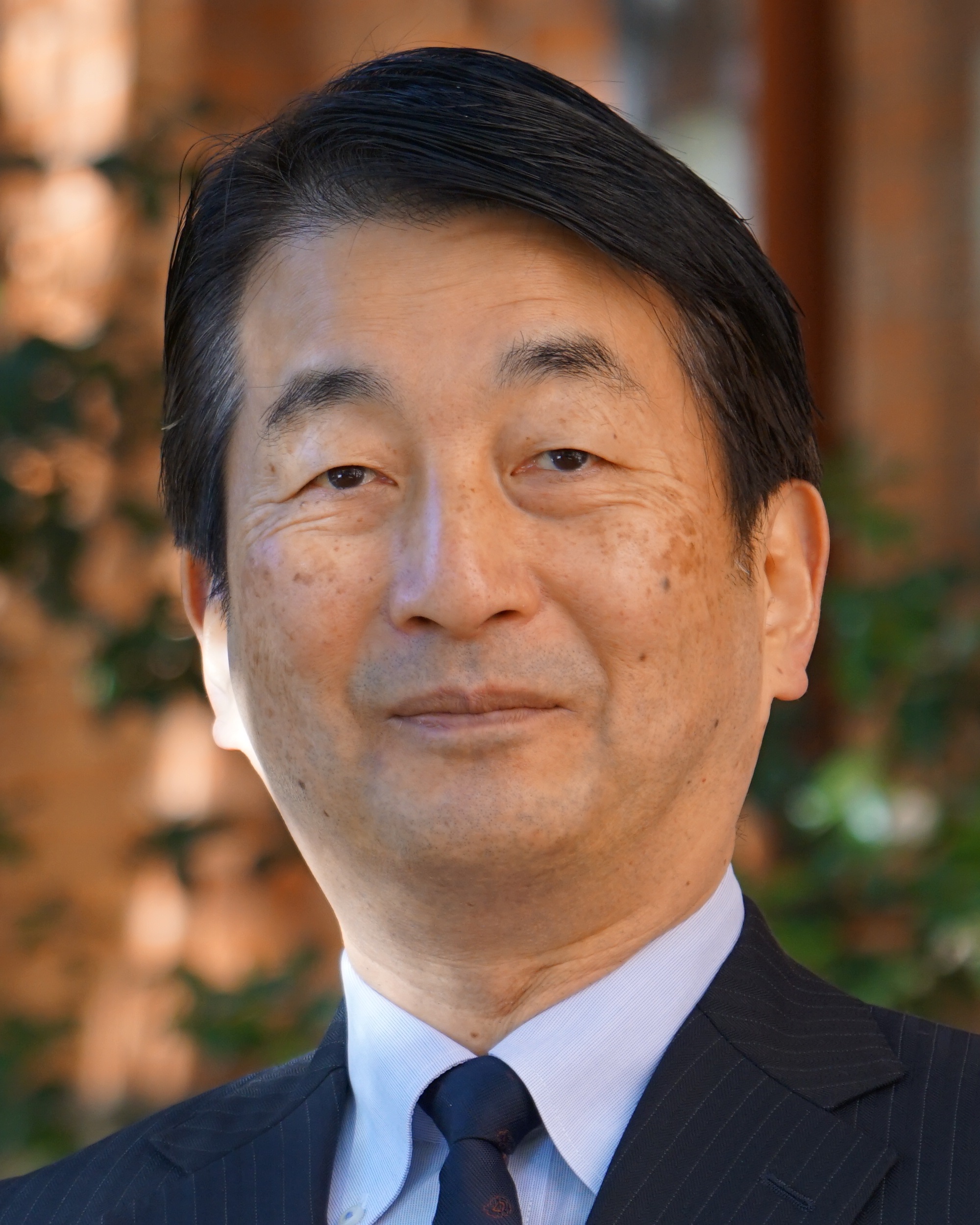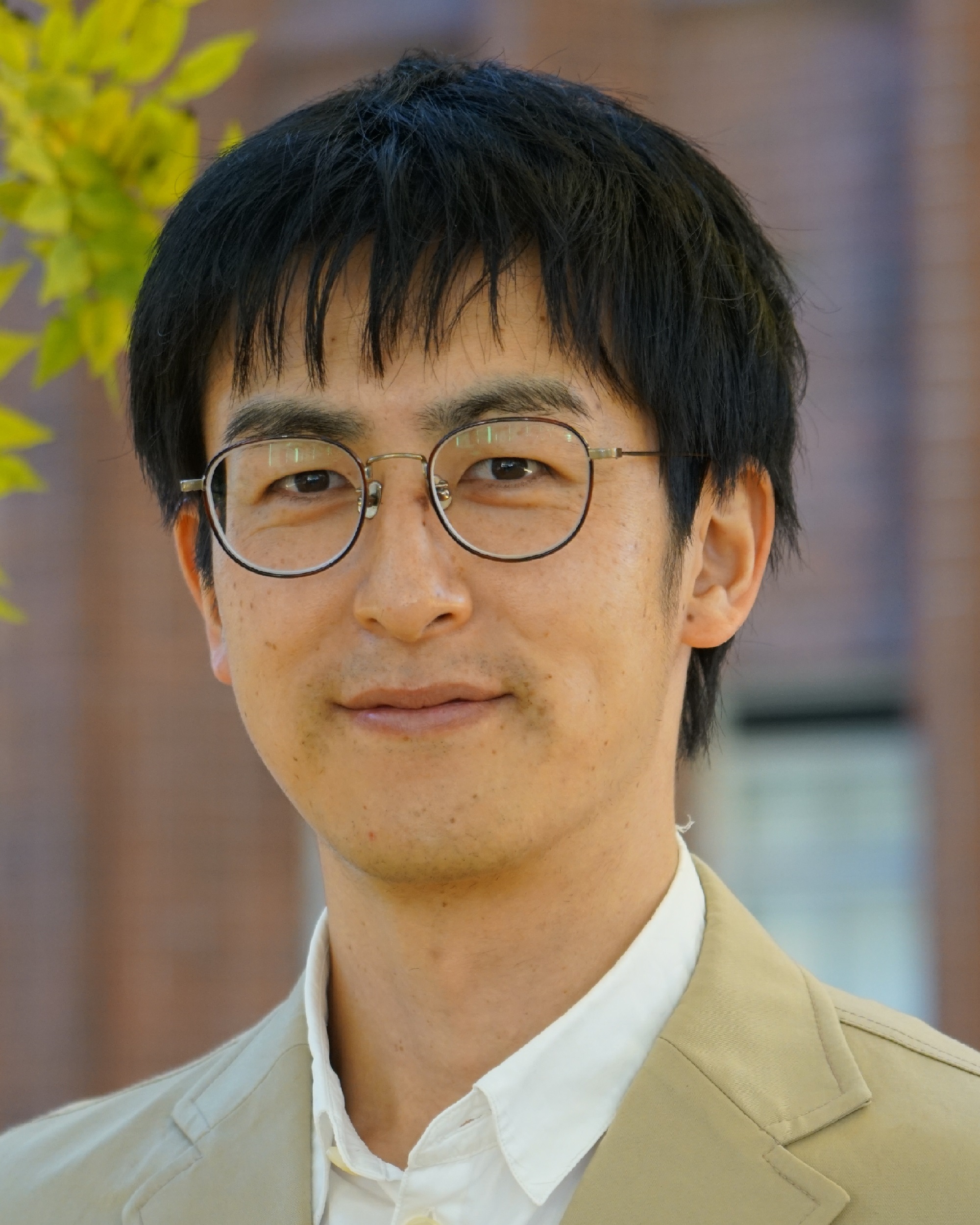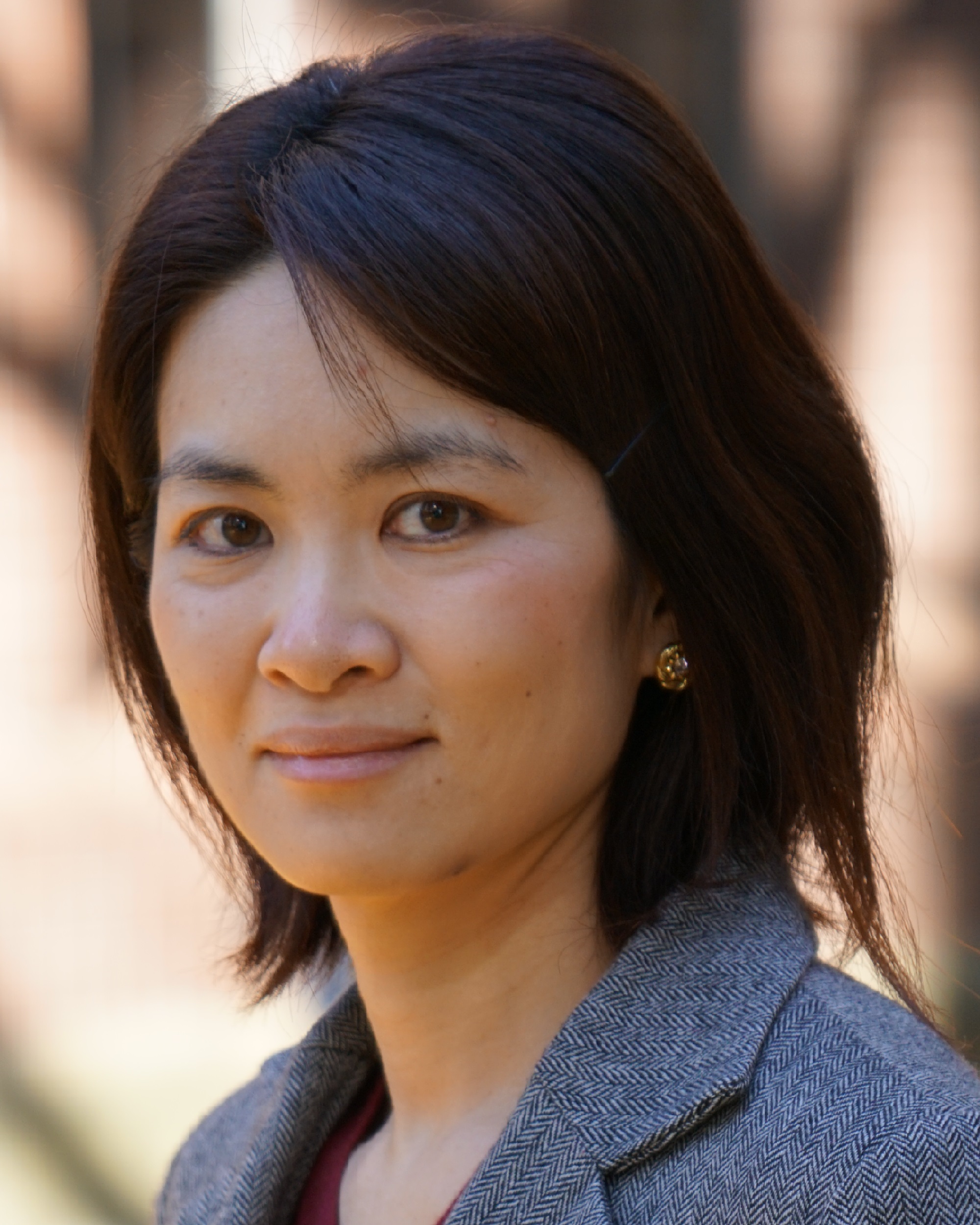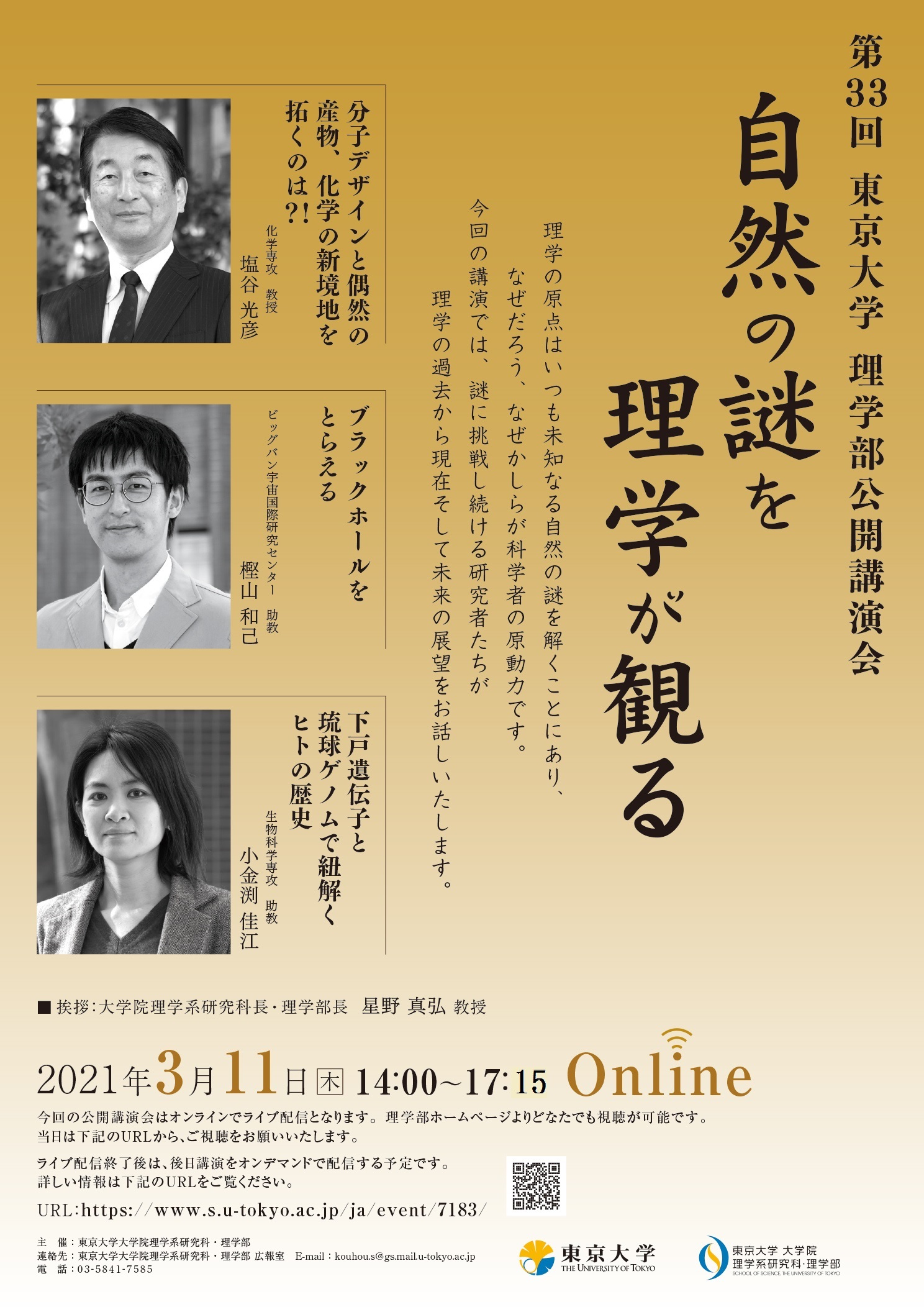DATE2021.02.01 #Events
Disclaimer: machine translated by DeepL which may contain errors.
Science Watches the Mysteries of Nature."
The starting point of science has always been to solve the mysteries of the unknown nature,
The "why-why-why" is the driving force of scientists.
In this lecture, researchers who continue to challenge the mysteries will talk about the past, present, and future prospects of science.
will talk about the past, present, and future prospects of science.
The slide presentation (PDF) of the day can be downloaded from the link below.
The slide presentation is no longer available.
- Mitsuhiko Shiotani (Professor, Department of Chemistry)
- Kazumi Kashiyama (Assistant Professor, Research Center for the Early Universe)
- Yoshie Koganebuchi (Assistant Professor, Department of Biological Sciences)
Speakers and Lectures
Molecular design and chance, what breaks new ground in chemistry?
Mitsuhiko Shiotani, Professor, Department of Chemistry

When atoms in the periodic table are well-chosen and connected in various patterns, molecules are formed (molecular synthesis). Furthermore, groups of molecules can be loosely grouped together and have properties very different from those of individual molecules (supramolecular synthesis). The variety of these types is infinite; indeed, the natural world is made up of a vast number and variety of chemicals. Chemists, on the other hand, have the ideas and technology to create substances that (seemingly) do not exist in nature. However, there are times when we can create substances exactly as designed, and other times when we encounter unexpected coincidental products. In this lecture, we will discuss the beauty of molecular design and the chemistry that turns "failure? I would like to share with you the enthusiasm and tenacity of chemists who turn "failure?
Capturing a Black Hole
Kazumi Kashiyama, Assistant Professor, Research Center for the Early Universe

Half of the 2020 Nobel Prize in Physics was awarded to Dr. Roger Penrose, and the other half to Dr. Reinhard Genzel and Dr. Andrea Goes. The reasons for the award are "the discovery that black hole formation is a firm prediction of general relativity" and "the discovery of a massive mass compact object at the center of the Milky Way Galaxy." The latter is a milestone in the history of black hole observations, along with the detection of black hole binary mergers by the gravitational wave interferometer LIGO et al. which was the subject of the 2017 Nobel Prize in Physics, and the imaging of black hole shadows by Event HorizonTelescope which was announced in 2019. In this talk, I will present the historical background and research frontiers of how astrophysicists capture black holes.
Human History Unraveled by the Shimoto Gene and the Ryukyu Genome
Yoshie Koganebuchi, Assistant Professor, Department of Biological Sciences

Why do I live here when the earth is so big? or "Why do I have a different personality from other people? Why do I have a different personality from other people? To understand the history of the people who are living today is an important attempt to explore our own roots. The key to tackling this question from the perspective of genetics is to decipher the differences between individuals in the blueprint of life called genomic information. In this lecture, I will focus on the Shimoto gene, which plays a major role in the ability to drink alcohol, and the genomes of the people of the Ryukyu Islands, who have had a different history from that of Honshu Japan.
Introduction
Graduate School of Science Dean Professor Masahiro Hoshino
Date
Thursday, March 11, 2021
Hours
14:00-17:15
*The lecture will be given live from Koshiba Hall, Faculty of Science Building No. 1.
Please click here to watch the lecture on the day of the event.
Graduate School of Science, Faculty of Science Youtube Channel
Admission Fee
Free (No advance registration required. Anyone is welcome to attend)
Capacity
None (High school and university students as well as the general public are welcome to attend.)
Delivery
- Q&A: A Q&A session will be held after each presentation using Slido on the day of the event. Please enter the access code provided on the web site of Slido and participate in the Q&A session.
- You will also be able to watch the event on the Faculty of Science's Youtube channel. Please "subscribe" to the channel and enjoy the event.
Organized by
Graduate School of Science, The University of Tokyo
Contact
Public Relations Office, Graduate School of Science, The University of Tokyo
| TEL. | 03-5841-7585 |
|---|---|
| kouhou.s@gs.mail.u-tokyo.ac.jp |



